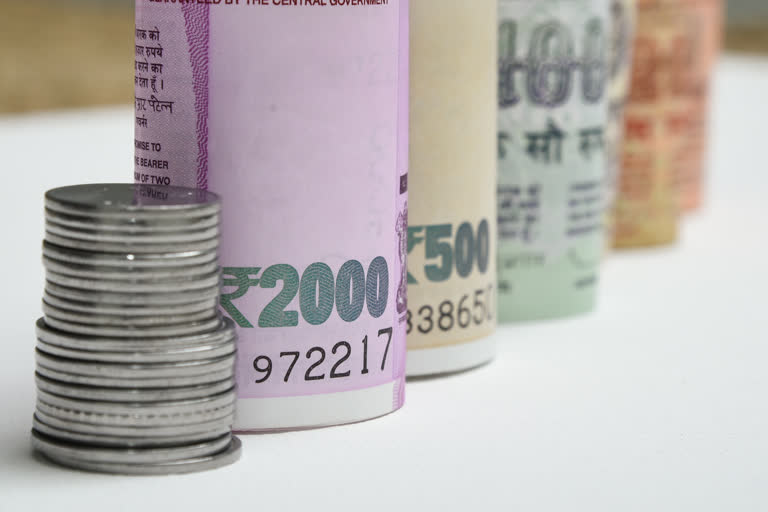Mumbai: India and Pakistan are at loggerheads. There’s an election coming up. Global economic indicators are weak. The stock markets have been volatile. What do you need to do with your investments with a whiff of war in the air?
Should you redeem all your investments and wait out the volatility? Should you remain invested? For the intrepid investor, though, there are investment opportunities all around. Here are some thoughts to guide you during times of geopolitical uncertainty.
Impact of war:
First, let’s understand the effects of war on money. We’ve seen in history that conflict has often lead to increase in taxes, inflation, and public debt. Consumption falls, investments decrease, and military spending and production starts to weigh heavily on non-military ones.
This way, said economist Keynes in The Economic Consequences of the Peace, “The government may secretly and unobserved, confiscate the wealth of the people, and not one man in a million will detect the theft.”
Inflation erodes the value of money. So the one thing you must not do is convert your assets into cash. Rather, you should evaluate risk in your investment portfolio and take steps that would reduce your losses in case of a full-blown conflict.
Take stock of portfolio:
Stock markets react sharply to conflict. The resultant heavy selling lowers the value of stock and equity mutual funds.
While there’s no immediate possibility of a war involving India, there may be conflicts elsewhere in the world. These too will impact our own market indices. If you’re averse to risk, you may want to reduce high-risk equity from your portfolio.
